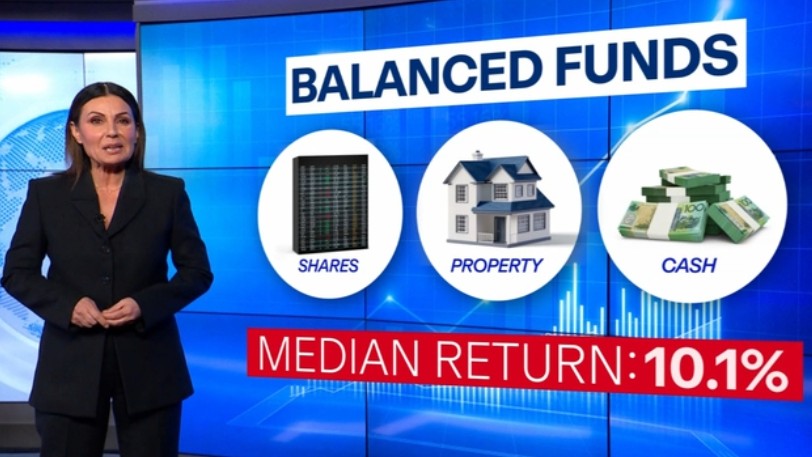Canberra – A quiet but pressing retirement challenge is unfolding in Australia, with fresh data pointing to a widespread neglect of superannuation contributions among the nation’s smallest business operators.
According to a national survey conducted by AMP Bank, 55 per cent of small business owners—primarily those with four or fewer employees—said they regularly contribute to their superannuation. This leaves nearly half of the sector operating without consistent retirement savings, often prioritising reinvestment in their businesses or immediate cash flow needs instead.
This stands in stark contrast to the broader Australian workforce, where superannuation contributions are mandatory and currently set at 12 per cent of wages. The self-employed, who comprise a significant portion of Australia’s business landscape, are not legally obligated to make super contributions, leaving them particularly vulnerable in retirement.
AMP’s modelling reveals the long-term opportunity cost of inaction. Contributing as little as AUD 100 per week from age 30, assuming a 6 per cent annual return, could yield more than AUD 500,000 by retirement age. The absence of such contributions represents a potential retirement shortfall for millions of Australians.
John Arnott, Group Operations Director at AMP Bank, acknowledged the financial strain many small businesses face in their formative years. “Paying a wage, let alone super, can be a real challenge when cash flow is tight,” he said. “Still, finding the right balance between short-term priorities and long-term security is essential.”
He urged sole traders and small business operators to explore digital tools to simplify the process. “From the ATO’s website to integrated features in banking apps, there are now more ways than ever to automate super payments, monitor cash flow, and reduce the mental load.”
Australia’s superannuation system is widely regarded as one of the more mature private pension models in the Asia-Pacific region. However, disparities in access and compliance—particularly among informal or self-employed sectors—echo similar issues across other ASEAN economies, where retirement preparedness is unevenly distributed.
Arnott concluded by stressing the value of consistency. “Even modest, regular contributions can grow meaningfully over time. Leveraging the tax efficiencies of super and starting early remain two of the most powerful tools for long-term financial wellbeing.”







